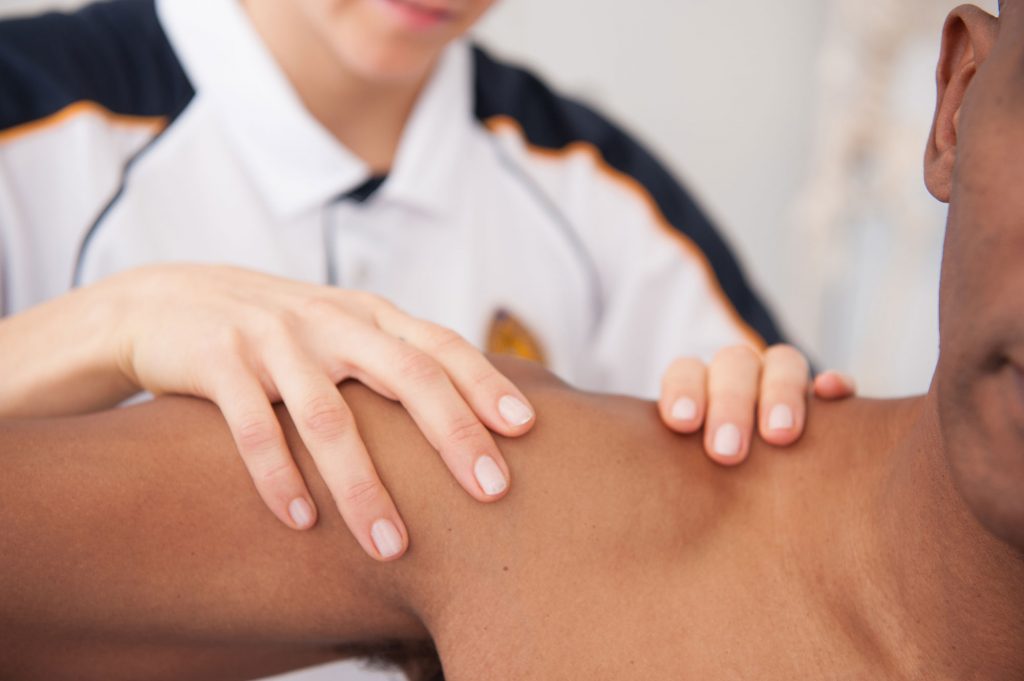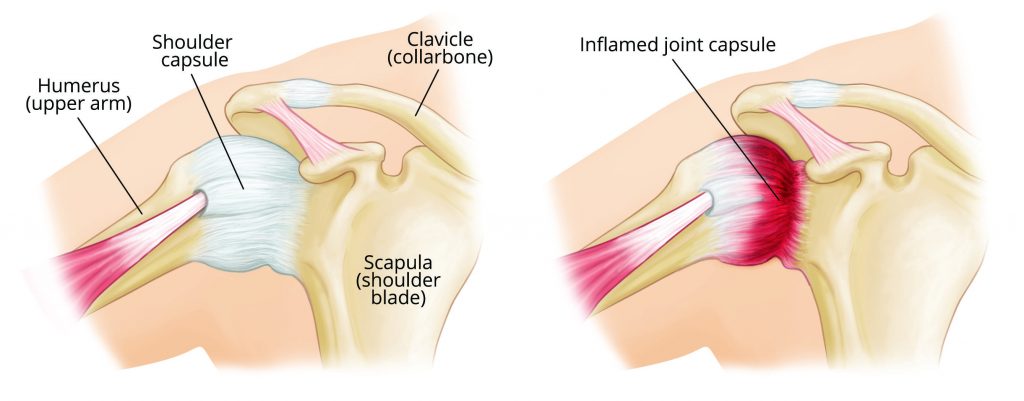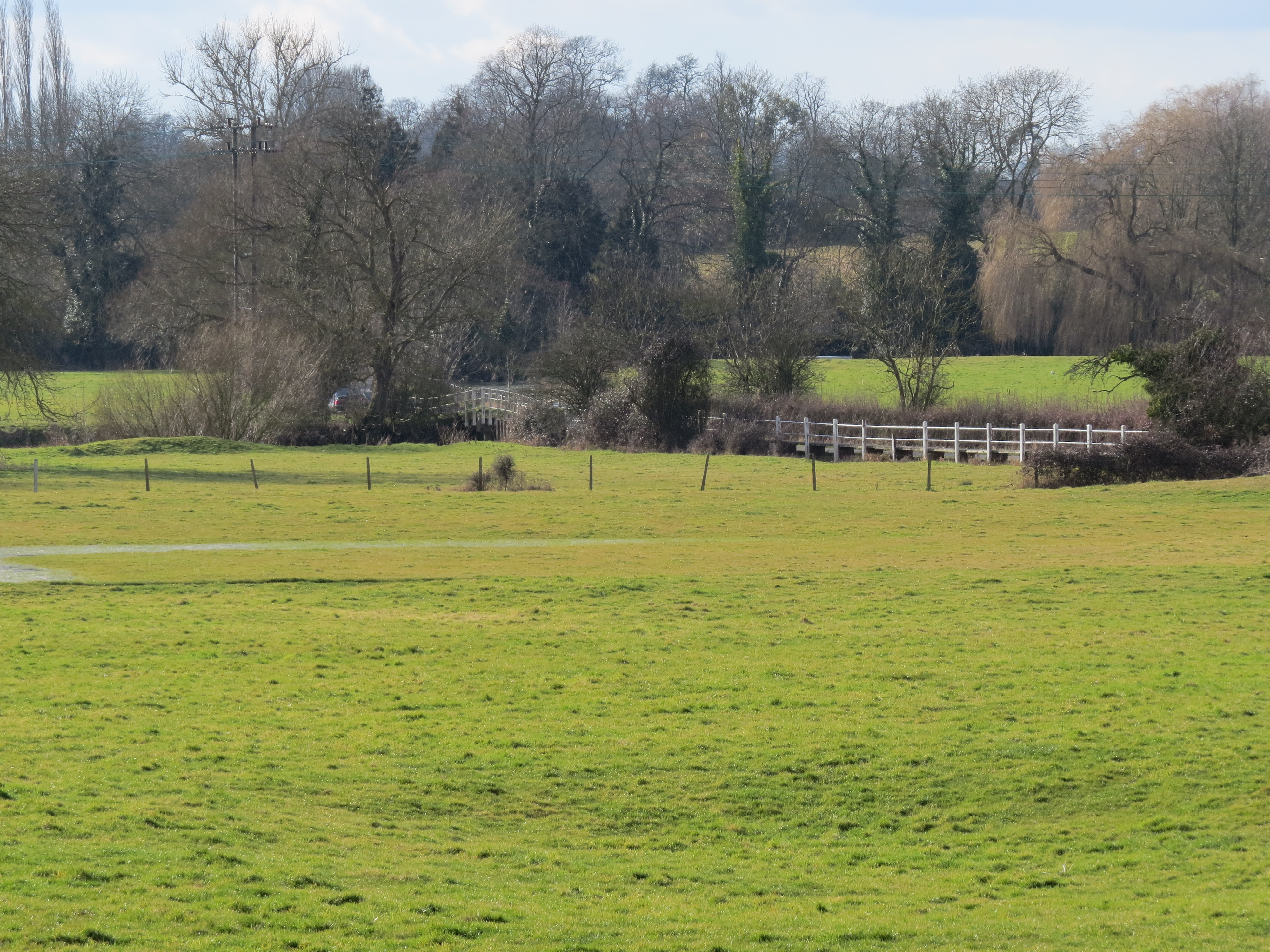What is a frozen shoulder ?
Frozen shoulder causes noticeable pain and stiffness in the shoulder which can make it very difficult to move. Sometimes patients present to the Iveson Clinic saying they have a frozen shoulder, and then promptly move their arm above their head! Hence a diagnosis that is sometimes used too freely! Approximately only about 3 in about a 100 people will have a true frozen shoulder in their lifetime. A true frozen shoulder results in adhesions developing around the shoulder capsule, thus making movement of the arm very difficult. ( Also know as Adhesive Capsulitis) Frozen shoulder goes through three phases of injury:
Freezing phase
Frozen phase
Thawing phase
What causes frozen shoulder?
There are various causes of this condition. These may include:
- after a fall
- following a neck and shoulder injury
- repetitive strain such as painting or chopping wood
- after surgery whilst keeping the shoulder fairly still to avoid stretching or pulling the scar tissue
- diabetes can be linked to the problem
- but also frozen shoulder can sometimes occur with no cause at all!
The recovery is slow and on average can take one to two years to recover.
Treatments available
Previously, physiotherapy, painkillers, acupuncture, steroid injections or possibly surgery have been the only options of treatment options for this painful condition. More recently, hydrodilatation injections have been of some help to patients.
Hydrodilatation injections
This involves injecting a large volume of fluid into the shoulder joint which expands the shoulder capsule and breaks down the adhesions. Hydrodilatation is performed under Ultrasound guidance. Physiotherapy is then important which combines exercises with treatment to maximise the improvement and recovery. Statistics nationally show there is approximately a 70% improvement in shoulder movement after the procedure and 90% reduction in pain, which is really encouraging.
If you are suffering from frozen shoulder and need any advice, feel free to contact the physios at the Iveson Clinic who will try to point you in the right direction, depending on the phase of your injury.
Tel: 01787 374964



